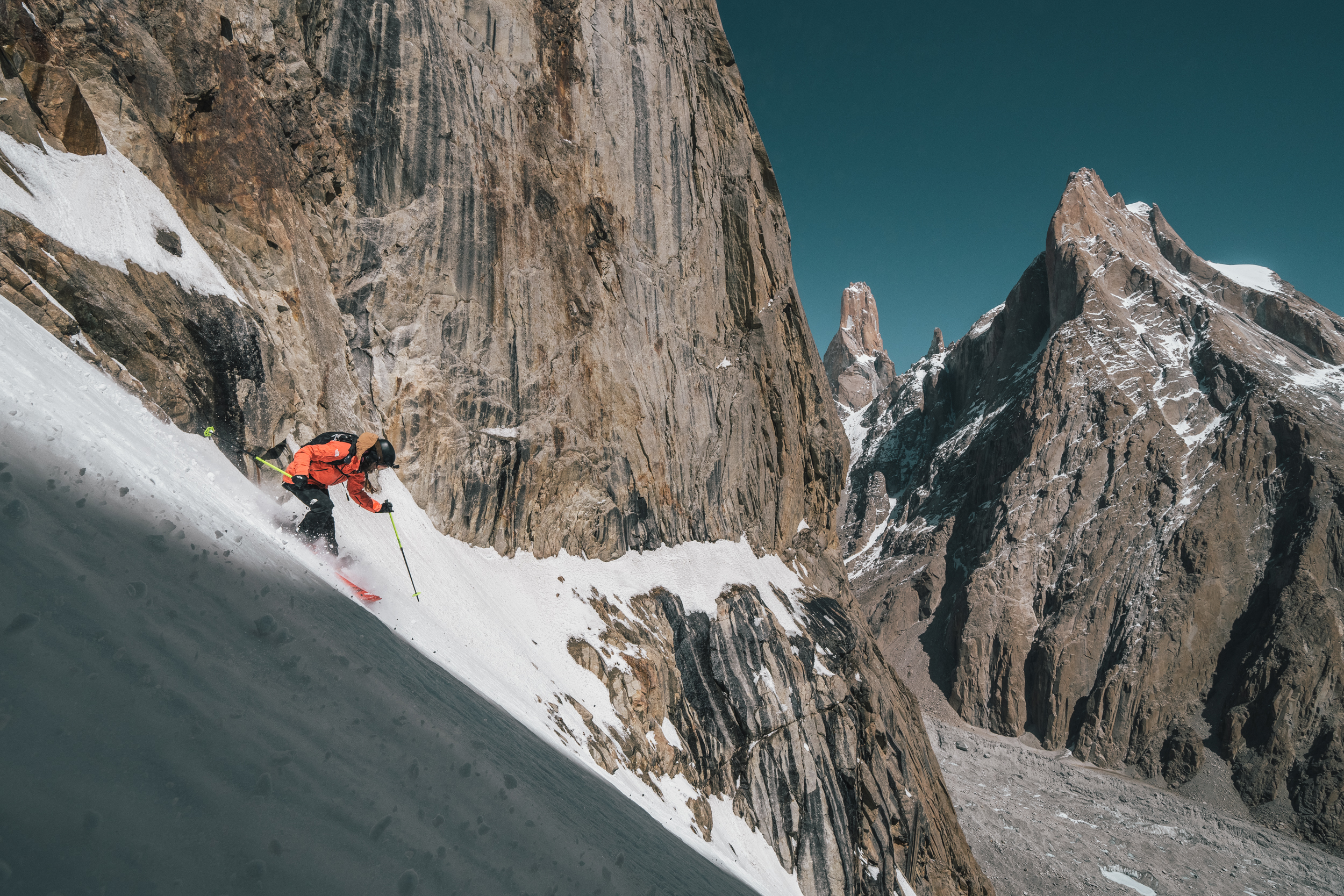
The Power of the Image
“Perhaps the only other place one sees such public jubilation by Afghan men is at weddings," writes photojournalist Jonathan Saruk about movie theaters in Afghanistan. A place as stark as Afghanistan needs all the buoyancy it can get, especially when you hear stories like that of Skateistan.
Skateistanis the name of a skate park for kids in Kabul and also the title of a lovely short doc that screened at Mountainfilm in Telluride in 2011. As happens all too often in Afghanistan, triumph can turn to tragedy in the time it takes a psychopath to detonate a bomb, and that is what happened at the skate park.
Extreme violence can be a hallmark of Afghanistan’s streets, which is why we were nervous when our friend and former colleague Anna Brones headed over to work in those streets with Shannon Galpin, the intrepid founder of Mountain2Mountain. Their plan was to install a street exhibit of photos that document life in Afghanistan, and while there were challenges, as Brones’ blog series illustrates, there was also enormous satisfaction in bringing some visual relief to people who have so little in their lives.
Relief is what the terrific nonprofit FilmAid focuses on. It was founded by filmmaker Caroline Baron, who heard an NPR story in 1995 about refugees in Bosnia being bored (almost) to death. She thought, “Why not show them movies?” And FilmAid was born, at first focusing on bringing entertainment — Tom and Jerry cartoons, Charlie Chaplin and ET — to people who are stuck in a version of Purgatory. After a while, the organization grew to produce basic instructional films about refugee orientation, health and safety and now, under the leadership of former Mountainfilm board member Liz Manne, they are taking an increasing role to help grapple with an ever-growing refugee crisis worldwide. (Mountainfilm festival producer Stash Wislocki volunteered with them last summer, providing these blog posts.)
Some early public criticism of FilmAid’s work was that what refugees needed most were basics, such as food, water and medicine. The response from professionals was quite different. As Gerald Martone, the Director of Emergency Response for the International Rescue Committee said, “Diversion is a luxury we afford ourselves without sacrifice. Why would we deprive it from refugees? [It] may help avert a generation of emotional incapacitation.”
In some ways, it seems that many of the people mentioned above are taking risks and working to prove something that as Friedrich Nietzsche once wrote: “We have art in order not to die of the truth.”


